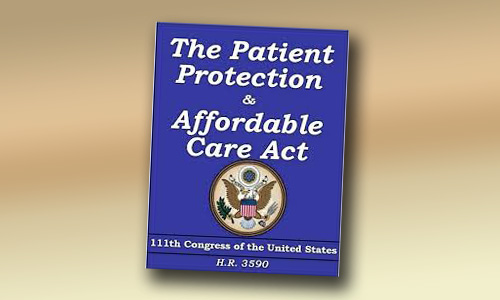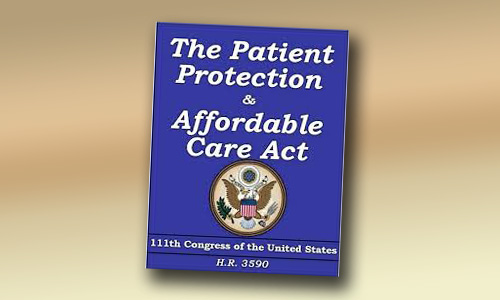
There are really only two reasons for anyone to ever buy insurance, whether for a cell phone, car, house, health or life: to protect assets, and to ameliorate loss or damage. Anyone contemplating the purchase of insurance will naturally weigh cost vs. benefit quite carefully.
It is at this most basic point that Obamacare appears doomed to fail in terms of winning majority public support.
The poorest Americans have no assets to protect, and emergency rooms are required by law to treat them when they enter, whether or not they have insurance. They are unlikely to see any personal benefit in going through the hassle associated with insurance enrollment and processing.
Young healthy Americans or those with low-to-middle incomes and few assets aren't likely to be persuaded Obamacare is a good use of their limited resources either. Drs. John Goodman and Dr. Linda Gorman succinctly explain why:
Employees who earn $15 or $20 an hour, for example, typically have very few assets. In most urban areas you need to earn almost the median family income to be able to buy a house. If these employees have a car it probably has very little re-sale value. Most likely, they are living paycheck to paycheck.
Say one of these employees has the misfortune to have a pre-mature baby with very high medical expenses. Whether those expenses are $100,000 or $1 million doesn't really matter very much. The family will not be able to pay even a small fraction of the bill. If they abide by Obamacare's mandate and obtain health insurance with no annual or life time maximum, health insurance will pay the bill (beyond their out-of-pocket exposure). That may be great for the hospital that delivers the care. But how does that help the family?
Thus far up the income scale, it looks like Obamacare was designed to protect hospitals and ameliorate their losses more than American patients, and most Americans intuitively understand that.
The typical Bronze plan offered to employees of fast food restaurants has a deductible of $6,000 or more and it's double that for family coverage. With this type of plan the family will still have to pay almost all its expected medical bills out of pocket. Employers are allowed to charge employees a premium equal to 9.5 percent of their wages for this type of coverage. It should come as no surprise that almost all the employees turn these offers down.
Americans in the upper middle-to-high income scale, on the other hand, are much more likely to be persuaded that Obamacare is worthwhile to them, say Gorman and Goodman:
It's becoming increasingly obvious to everyone in health policy that the Affordable Care Act was designed by above-average income people to meet the needs of people who are just like they are. Of course they want coverage without annual limits. If they have a pre-mature baby, do you think they want creditors to seize their million dollar house or their new foreign sports care? And if they face a $6,000 deductible, so what? At the worst they cancel their next vacation.
Obamacare takes care of the needs of the upper income special interest representatives who designed it. Now it's time to create an insurance plan that meets the needs of the bottom half of the income ladder.

